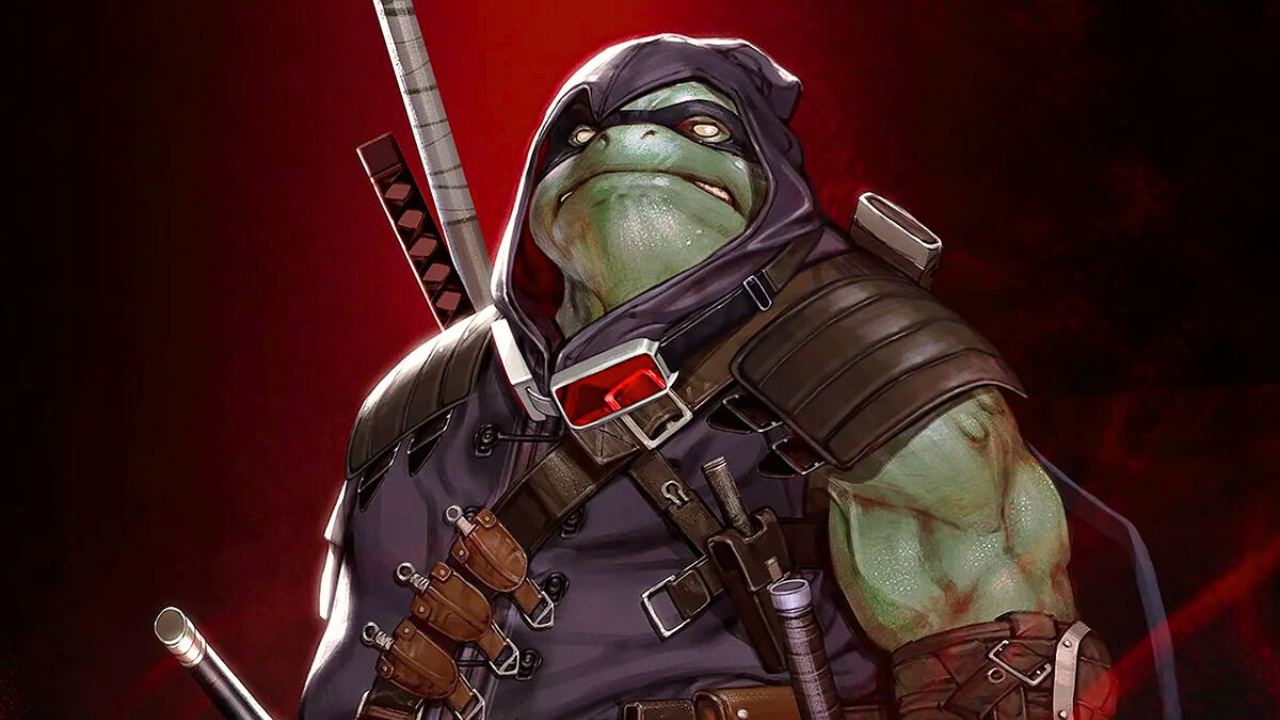The first five episodes of Squid Game: The Challenge debut on Netflix Wednesday, November 22. The next four premiere Wednesday, November 29, followed by the finale on Wednesday, December 6.
Squid Game: The Challenge is a natural byproduct of rampant popularity and unbridled commercialism. An expensive stopgap for fans waiting on a second season of Netflix’s Emmy-winning survival drama, it mostly works as intended. It even manages to entertain, thanks to some smart game choices and clear attempts at humanizing its participants. But as a reality competition series, Squid Game: The Challenge still turns out to be a mostly shallow and at times regressive caricature of Hwang Dong-hyuk’s hit Korean drama.
It’s an easy sell. The allure of filming 456 contestants as they compete for millions of dollars is made readily apparent throughout the first five episodes. It also makes financial sense for Netflix to capitalize off of the look and feel of its most popular original series to date. Especially since any criticism about how The Challenge simulates the violence depicted in Squid Game can be brushed off with “it’s all just fun and games,” there’s no real incentive to consider some of the show’s negative connotations. But therein lies the problem, as it’s impossible to completely separate its elaborate sets and green jumpsuits from the world they originated in.
Of course, no one actually dies when they lose one of these games. They just wait for what appears to be a dye pack placed under their shirts to detonate before casually laying down on the floor. It’s all very silly, often played up for the camera. It’s also a little strange; a room full of adults playing dead isn’t as comical an image as one would think. The way Squid Game: The Challenge eschews the nuance surrounding these violent events in favor of typical reality-TV melodrama and pageantry can feel gross at times.
Squid Game was a hard watch. That said, the brutality depicted on screen wasn’t just to shock the audience, but to also provide some form of social commentary. Squid Game: The Challenge inadvertently does the same, only through a more exploitative lens. Because there’s no rhyme or reason to the events beyond a grand contest, any meaningful messaging is lost amid the context of "random person wins $4.56 million dollar prize". This unfortunately means that it’s the crueler aspects of Squid Game that are often being echoed throughout the show.
Thankfully, this misalignment of themes doesn’t completely compromise Squid Game: The Challenge. As things progress and the competitors start owning the spotlight, their well-constructed facades begin to slip. The stress of losing after spending days cooped up with friends-turned-rivals manifests as the contestants’ real emotions are shown. All of the admittedly engaging, yet nonsensical elements – the declarations of love made to hype up teammates, confessionals showcasing failed strategies, random soliloquies detailing why particular choices were made during a game – eventually take a backseat to a more holistic view of each contestant. They are people one could root for.
Essentially, Squid Game: The Challenge slowly becomes more about the people involved than the games themselves. That’s not to say that the games aren’t an important part of the show: Like the disembodied voice that summons contestants or one of the many hooded staff members, their inclusion helps in providing a somewhat unique viewing experience. Not only that, but as the show progresses and the darker tone starts to subside, the games become more entertaining to watch.
While re-creations of the more memorable events from Squid Game – Red Light, Green Light, for example, or The Glass Bridge – will surely resonate with fans, it’s the unique additions to the repertoire that really stand out. There are new challenges introduced between games, for instance, that disrupt the tentative peace held among players; it’s interesting to see if alliances are maintained when members believe that their immediate actions could place themselves or others on the chopping block.
There are also some new childhood games that have been reimagined for large group play. Deceptively simple, their lighthearted appearance could potentially catch players off guard, which adds a bit of excitement to the proceedings. It’s easy to imagine what one would do if they were in such a predicament, which in turn, provides another level of viewer engagement.







